A History of Christianity
- 1184pages
- 42 heures de lecture
From a prize-winning author, this book charts the course of Christianity from ancient history onwards.

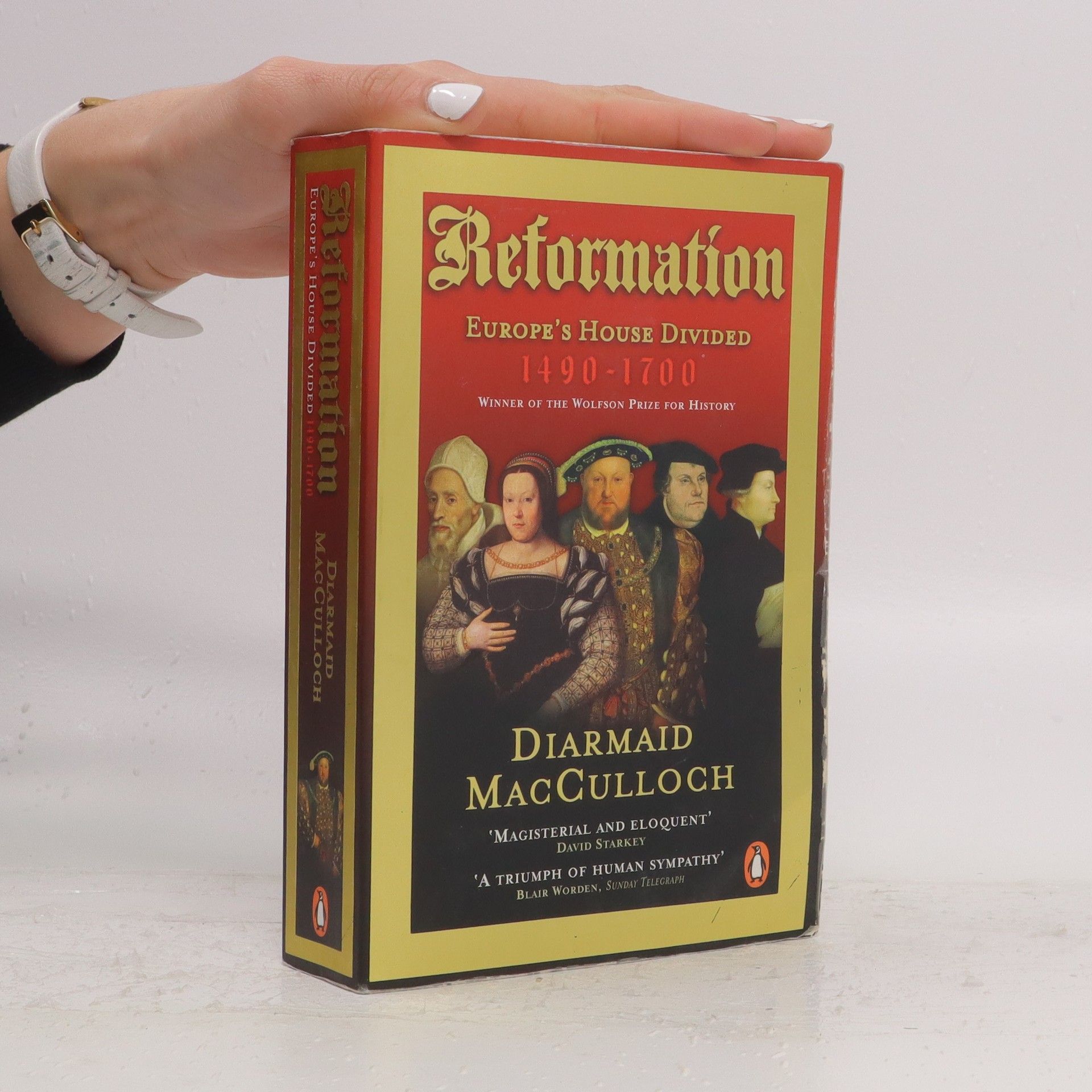
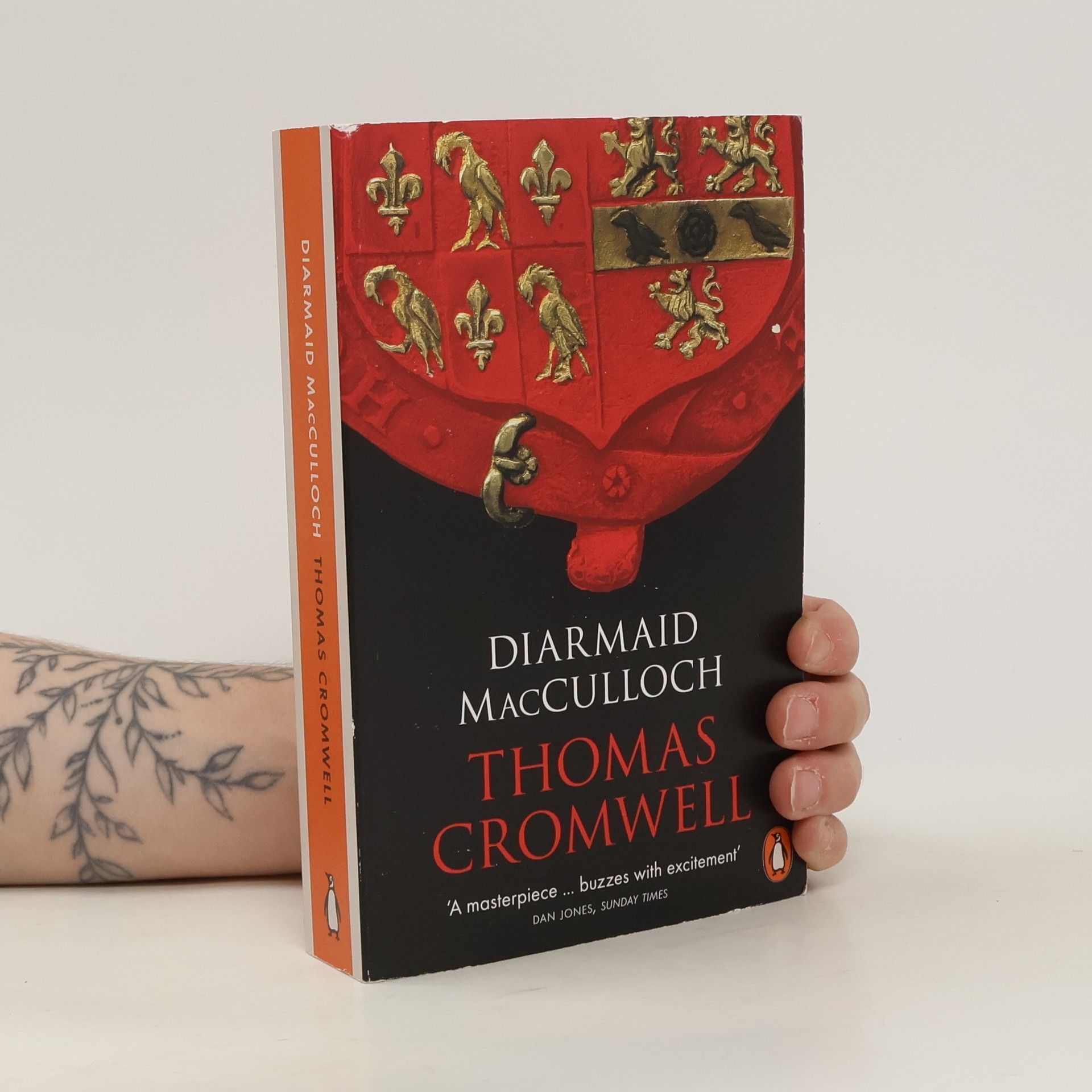
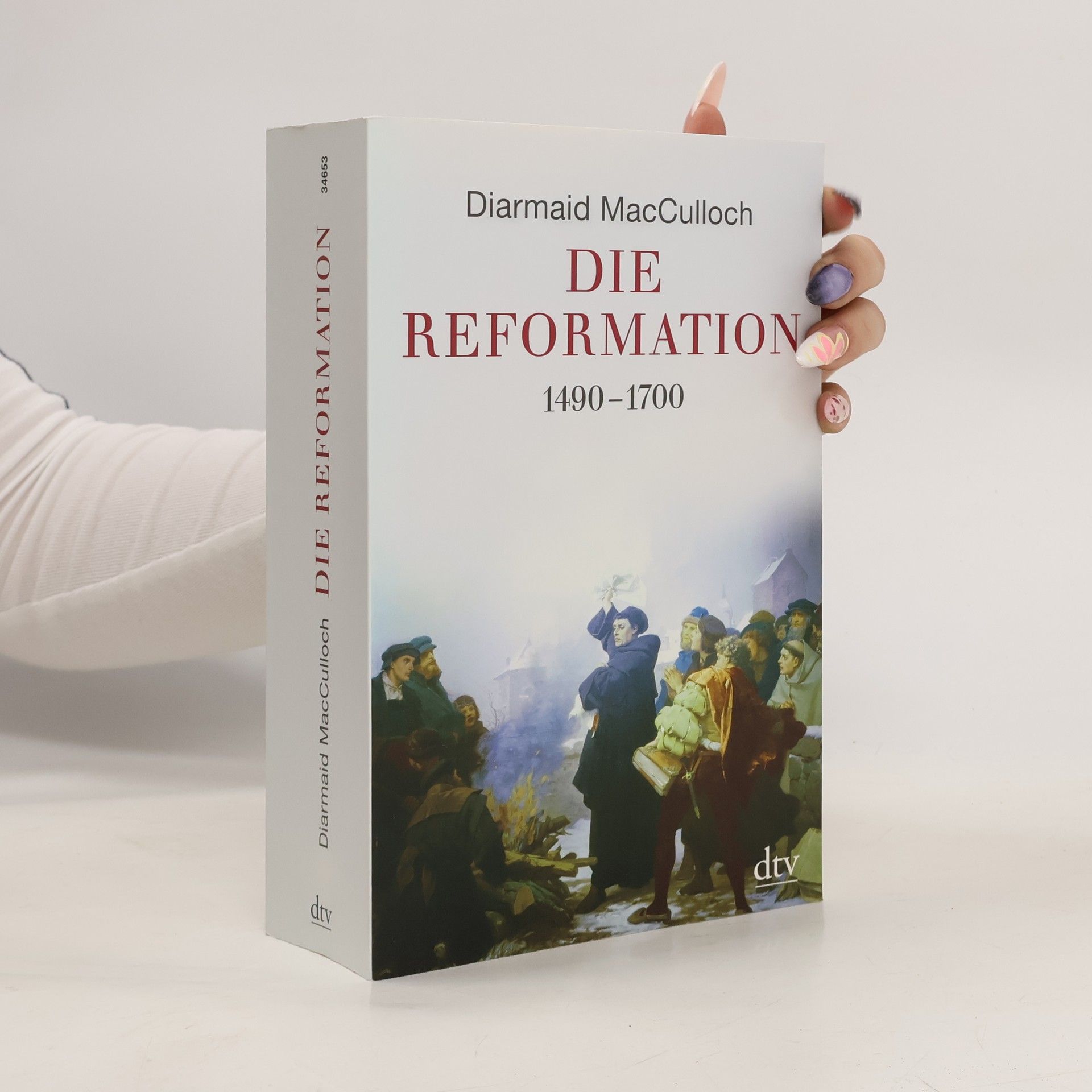
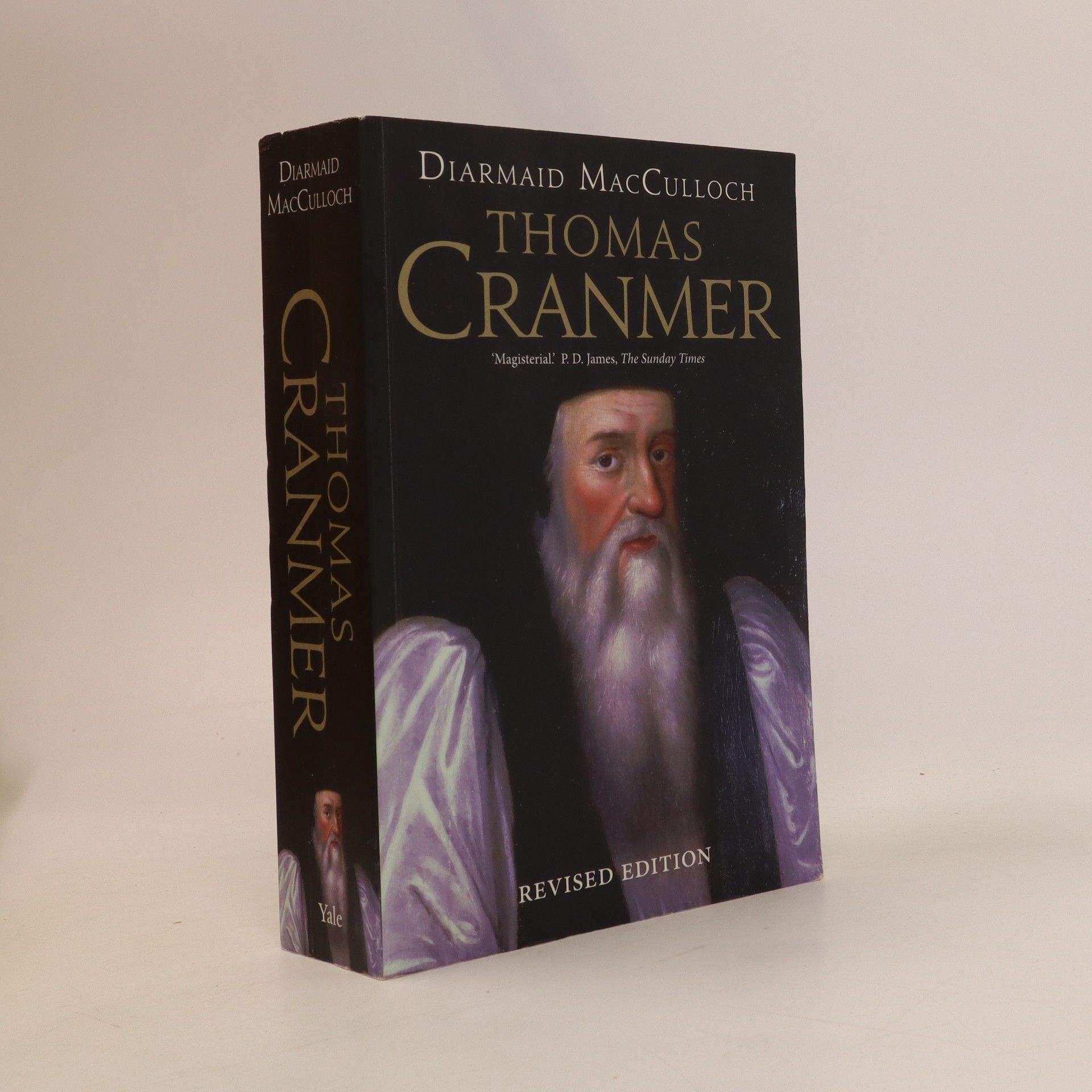
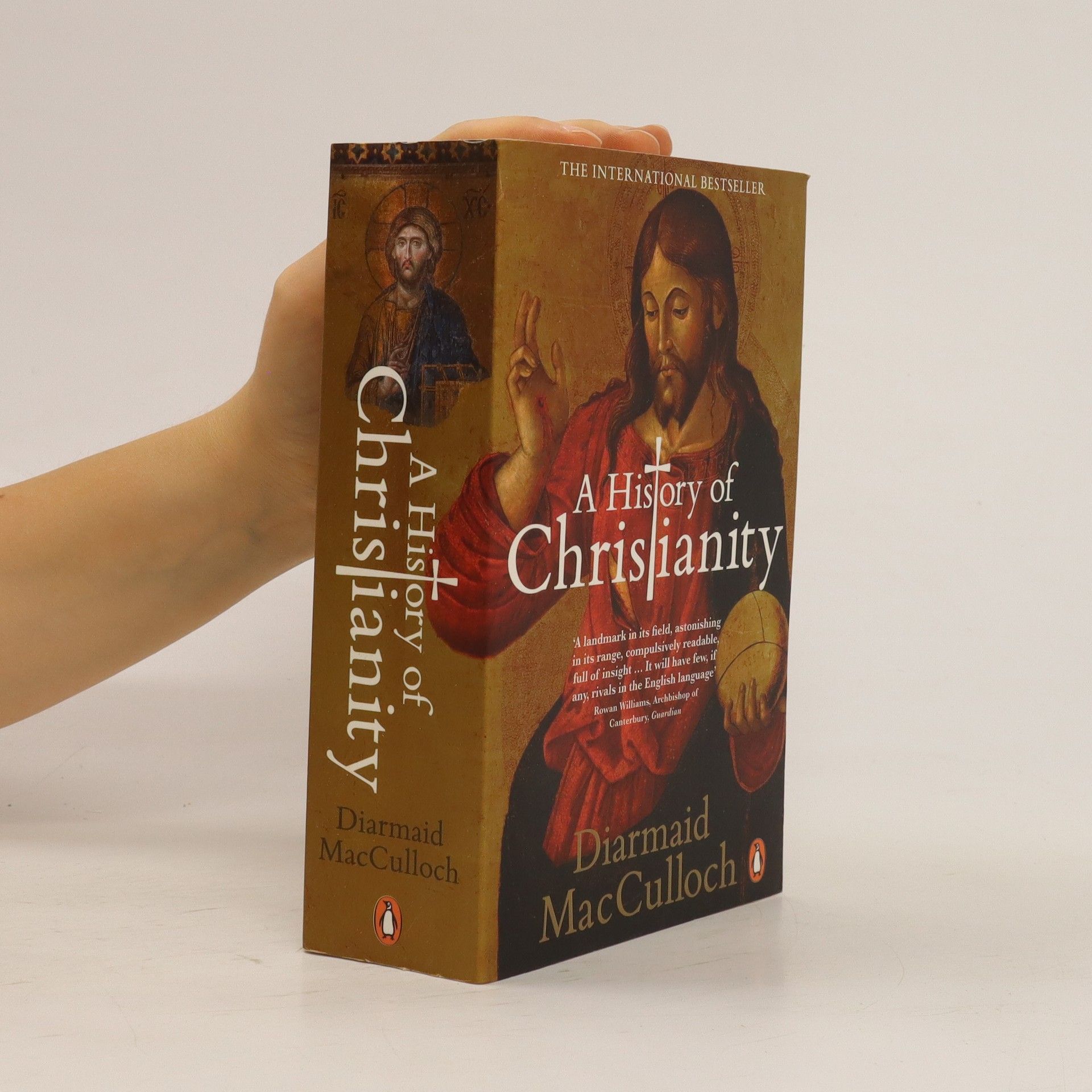
From a prize-winning author, this book charts the course of Christianity from ancient history onwards.
Tomas Cranmer, the architect of the Anglican Book of Common Prayer, was the Archbishop of Canterbury who guided England through the early Reformation--and Henry VIII through the minefields of divorce. Now with a new Introduction, this revised edition of [the author's] monumental, definitive and prize-winning biography transforms our view of Cranmer and of the English Reformation as a whole.
Eine revolutionäre Epoche Enorm kenntnisreich und zugleich sehr anschaulich entwirft Diarmaid MacCulloch eine faszinierende Gesamtschau der politischen, sozialen und kulturellen Veränderungendurch die Reformation in Europa und darüber hinaus, erklärt die zentralen Gedankengänge der Reformatoren und ihrer Gegner und beschreibt sehr plastisch den Alltag, etwa wie in den verschiedenen Konfessionen Zeit, Leben und Tod, Liebe und Sex verstanden und erlebt wurden.
A SUNDAY TIMES, THE TIMES, DAILY TELEGRAPH, SPECTATOR, FINANCIAL TIMES, GUARDIAN, BBC HISTORY BOOK OF THE YEAR. 'This is the biography we have been awaiting for 400 years' - Hilary Mantel. 'A masterpiece' - Dan Jones, Sunday Times. Thomas Cromwell, born in obscurity in Putney, emerged as a pivotal figure in English history. Initially a fixer for Cardinal Wolsey in the 1520s, he rose to prominence after Wolsey's fall, eventually running the country for Henry VIII by the late 1530s. This decade marked a significant turning point, characterized by a break with the Pope, unprecedented parliamentary actions, and the dissolution of monasteries, with Cromwell at the center of these changes. Diarmaid MacCulloch's biography offers the most comprehensive and convincing account of this complex figure, showcasing exceptional historical detective work that uncovers connections previously overlooked. It challenges established views, such as the notion that Cromwell was merely a secular politician lacking religious conviction, or that he and Anne Boleyn shared common sympathies—he ultimately played a role in her downfall. MacCulloch vividly portrays the personalities of this tumultuous period, all navigating the unpredictable nature of Henry VIII. He reveals Cromwell as a self-made 'ruffian'—ruthless yet determined in his religious reforms—who significantly influenced the course of modern England and Ireland, for better or worse.
The Reformation was the seismic event in European history over the past 1000 years, and one which tore the medieval world apart. Not just European religion, but thought, culture, society, state systems, personal relations - everything - was turned upside down. Just about everything which followed in European history can be traced back in some way to the Reformation and the Counter-Reformation which it provoked. The Reformation is where the modern world painfully and dramatically began, and MacCulloch's great history of it is recognised as the best modern account.
The English Reformation was the event which chiefly shaped English identity well into the twentieth century. He provides a narrative of events, then discusses the ideas which shaped the English Reformation, and surveys the ways in which the English reacted to it, how far and quickly they accepted it and assesses those who remained dissenters. schovat popis
Diarmaid MacCulloch, acknowledged master of the big picture in Christian history, unravels a polyphony of silences from the history of Christianity and beyond. He considers the surprisingly mixed attitudes of Judaism to silence, Jewish and Christian borrowings from Greek explorations of the divine, and the silences which were a feature of Jesus's brief ministry and witness. Besides prayer and mystical contemplation, there are shame and evasion; careless and purposeful forgetting. Many deliberate silences are revealed: the forgetting of histories which were not useful to later Church authorities (such as the leadership roles of women among the first Christians), or the constant problems which Christianity has faced in dealing honestly with sexuality. Behind all this is the silence of God; and in a deeply personal final chapter, MacCulloch brings a message of optimism for those who still seek God beyond the clamorous noise of over-confident certainties.
This collection of essays by leading scholars and researchers in early Tudor studies provides an up-to-date discussion of the politics, policy and piety of Henry VIII's reign. It explores such areas as the reform of central and local government, foreign policy, relations between leading politicians, life at Court, Henry's first divorce and the break with Rome, literature and the government's exploitation of it, and the growth of evangelical religion in Henry's England. Particular consideration is given to the controversies which have arisen about the reign among modern historians, and there is an effort to assess the personality of Henry himself.
Entgangene Zukunftsmöglichkeiten und gegenwärtige Realitäten
Der Preistrager des Dr. Leopold Lucas-Preises 2019, der britische Theologe und Kirchenhistoriker Diarmaid MacCulloch, ist ein international angesehener Kenner der Reformationszeit. Fur den Kirchenhistoriker ist die Geschichte des Christentums zur Lebensaufgabe geworden. In seinem Festvortrag anlasslich der Verleihung hebt er hervor, dass ihn in seinen Forschungen immer wieder uberraschte, wie wandelbar sich das Christentum durch die Jahrtausende zeigte. MacCullochs Ansatz ist deshalb so bedeutend, weil er die Geschichte der Reformation zwischen 1490 und 1700 nicht als jeweils nationalen, sondern als polyzentrischen, konfessionsubergreifenden Prozess im Europa der Fruhen Neuzeit begreift. Dabei brachten unterschiedliche Krafte eine Modernisierung voran, die zum einen die europaische Gesellschaft bis heute pragt und zum anderen mit der Idee der Gedankenfreiheit die Grundlage der Aufklarung und des modernen Denkens vorwegnahm.